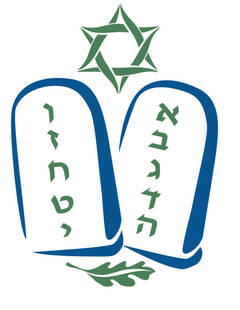10/31/2023 02:48:23 PM
Sixty-one years ago, in October 1962, World War III nearly erupted. As you may remember, when the Soviet Union had placed nuclear missiles in Cuba, the United States threatened to attack if the missiles were not removed. Indeed, on October 22 of that year, President Kennedy warned on television that war might be imminent. He also announced a blockade against Cuba, increasing the tension between the United States and the Soviet Union.
A few days later, Kennedy received two separate messages from the leader of the U.S.S.R., Khrushchev. The first message was a plea to stop the drift to bloodshed. It was an offer of compromise in order to prevent the catastrophe of thermonuclear war. If Kennedy would promise not to invade Cuba, then the missiles would be removed.
This conciliatory letter was followed by another message from Khrushchev. But unlike the first note, this time there was a hostile challenge which practically forced the President to declare war. According to historians, Kennedy didn't know which message reflected the genuine view of Khrushchev; he couldn't understand how the same man could send the two contradictory letters. He only knew that he had to do something. Fortunately, his brother Bobby had a brilliant idea: Forget Khruschev's bellicose second letter and answer the first one. Ignore the hostile threats and respond to the plea for peace. Bobby's instinct proved correct, and a possible nuclear war was averted.
President Kennedy doubtlessly knew that the choice was between far more than two contradictory messages; the lives of millions would be affected. He knew that he had to be tough with the Soviet Union, but that peace could only come through compromise. In essence, Kennedy had to make two choices: he had to decide what Khrushchev wanted, and he had to decide what Kennedy wanted.
A similar choice is featured in this week's Torah portion, in which Abraham appears to hear two different voices from God. One voice demands that he kill his son. The other voice demands that he spare his son. One voice threatens to destroy the promise that God had given Abraham: to make Abraham's descendants through Isaac be as numerous as the stars in the sky. The other voice pledges to restore the promise. And although nuclear destruction isn't involved, the repercussions of Abraham's decision will be cosmic in terms of the Jewish people. One wrong move and the Jewish enterprise will be over before it's barely begun. Like Kennedy, Abraham must choose which voice to recognize, and he must also decide which voice inside of him he will heed.
Despite the happy ending in our portion, in which Abraham chooses to leave his son alone, Abraham's dilemma does not conclude with Abraham. Thousands of years later, we, too, must decide which voice of God we will recognize. As members of a community tied to the Torah, we must choose the kind of God we want to believe in. Specifically, do we pray to a God of cruelty or a God of compassion? Do we believe in a God who tests us or in a God who comforts us? And can we do both?






